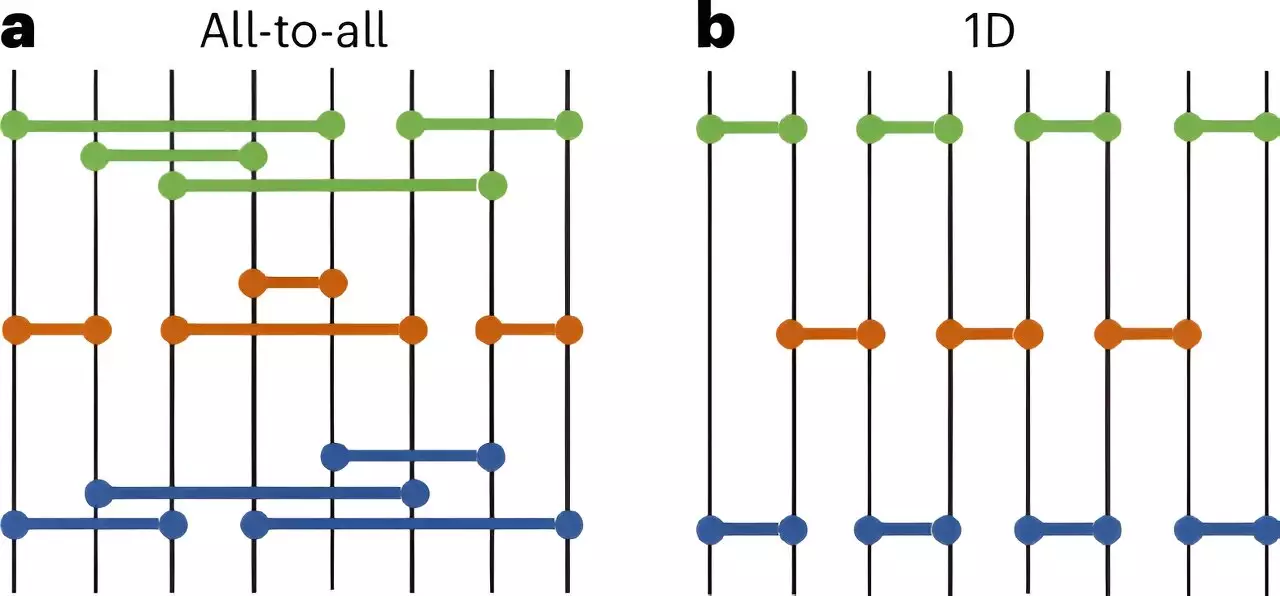Quantum computing has emerged as a promising tool for solving complex problems and expanding our knowledge of the universe. As scientists delve deeper into the realm of quantum mechanics, the need for precise quantum error correction codes has become increasingly evident. A recent study published in Nature Physics on September 3, 2024 sheds light on a groundbreaking discovery in the field of quantum error correction that has the potential to revolutionize various scientific disciplines.
The research conducted by Jinmin Yi, Weicheng Ye, Daniel Gottesman, and Zi-Wen Liu, with support from Perimeter, has unveiled a novel approach to distinguishing between nontrivial and trivial quantum error correction codes. This distinction is far from arbitrary, representing a crucial advancement in understanding the intricate workings of quantum systems in practical applications. By establishing a mathematically rigorous connection between Approximate Quantum Error Correction (AQEC) code properties and the complexity of quantum circuits, scientists can now assess the precision level of quantum codes with unprecedented accuracy.
The implications of this discovery extend beyond the realm of quantum computing. Researchers studying topological order and condensed matter now have a powerful tool at their disposal to unravel the complexities of quantum materials and unlock new insights into their properties. The relationship between entanglement conditions and code properties has long been a point of contention in the scientific community, but with the newfound ability to differentiate between acceptable and unacceptable codes, researchers can delve deeper into the unique characteristics of quantum materials.
Integrating Quantum Mechanics with General Relativity
The study of AQECs has also opened up new avenues of exploration for scientists seeking to bridge the gap between quantum mechanics and general relativity. By evaluating AQECs through subsystem variance, researchers have identified potential connections between certain Conformal Field Theory systems and gravitational descriptions. This groundbreaking insight could pave the way for a deeper understanding of the fundamental laws of physics and lead to groundbreaking discoveries in the field of quantum gravity.
While the initial results of this study are promising, they only scratch the surface of the vast potential of quantum error correction in advancing scientific research. Further exploration into the scope and utility of AQEC, along with its physical and practical applications, is imperative to unlocking the full potential of quantum computing and its implications for the future of science and technology. As scientists continue to push the boundaries of our understanding of quantum systems, the impact of quantum error correction on various fields of study is poised to be truly transformative.


Leave a Reply